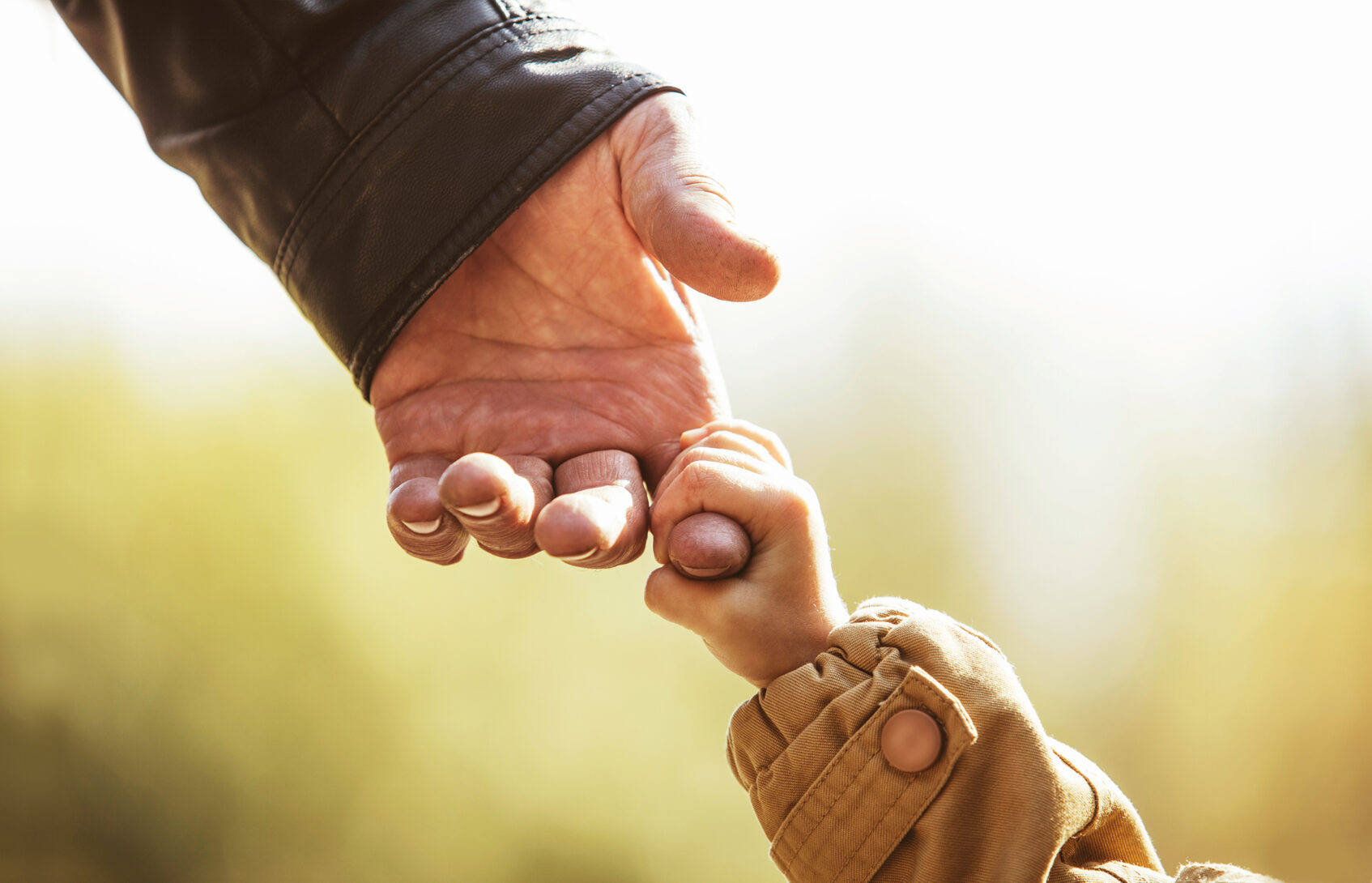Knowing how your ancestors weathered difficult times can help foster resilience and provide life lessons that are timeless.
The challenges of living through a pandemic are something today’s children will tell their grandchildren about. While these circumstances are unique, dealing with hardships isn’t unprecedented. Your ancestors faced major challenges of their own and found ways to persevere — and to thrive. So what lessons can we learn from them? In part, it comes down to what they were (or are) able to record or share.
“One of the most important benefits of retelling your family’s stories is that it can inspire a sense of resiliency,” says Mark Speltz, historian and lead family dynamics consultant, Wells Fargo Wealth & Investment Management. “Understanding how your ancestors navigated life’s most challenging times — such as a war, the Great Depression, or even a previous epidemic — provides the perspective, confidence, and reassurance to help you weather obstacles of your own.”
Here, Speltz shares practical tips for investigating and documenting your family history and sharing it with younger generations — along with your own stories of resiliency.
Understanding how your ancestors navigated life’s most challenging times … provides the perspective, confidence, and reassurance that you’ll be able to weather obstacles of your own.
Put the call out to the broader family
“Connect with family members who have an interest in your family’s history, and learn what already exists,” says Speltz. “Find out who might have photographs, letters, or recorded memories. If there’s a book about your family, what’s left out? Who’s been overlooked?”
Start with what you know and work backward. You may want to use a genealogy website to help fill in the gaps. Gathering these details can provide some background information to put your family’s past and present into perspective.
Gather specific stories
Next, talk to older relatives to find out what hardships they’ve endured and what helped them persevere. Speltz suggests these conversation starters:
- Is there a global, national, or local event in your past that had a particularly meaningful impact on your life?
- What was living through that event like, for you personally and for the community around you?
- Who or what helped you navigate those times?
- What are the most important lessons that you learned as a result that you want to share with future generations?
You can also discuss how your relatives were affected financially, along with how they responded. Reviewing insights like these is an important part of the wealth education of younger generations.
Invite children to participate
Making family history relevant to younger generations can be a challenge, admits Speltz. “But it’s critically important work, as stories communicate values and bridge generations.”
Keep collecting your thoughts and experiences
Today’s challenges can be a springboard to inspire you to capture your stories for future generations.
“Start small,” Speltz says. “Keep a notepad nearby to capture thoughts and record daily routines, along with the biggest challenges and simplest joys.”
Think these insights are trivial or mundane? Not so. “Imagine having even a page of experiences of an ancestor mining gold a century ago,” he says. “Your reflections will be priceless to future generations.”
Explore other ways of sharing family stories
Many families of wealth can benefit from collecting and curating their stories in other ways as well. For example, those stories can be used to create narratives for a foundation website or to craft a business mission statement that best reflects the family’s values.
That’s where a historian like Speltz comes in. He has a passion for helping clients explore, discover, preserve, and share their family’s stories — and he understands how to share advice with a variety of intended audiences. To learn what’s possible with their help, reach out to your advisor.
Whatever you do, Speltz urges you to start today.
“It’s both never too early and never too late to begin,” says Speltz . “Today is the best day.”

